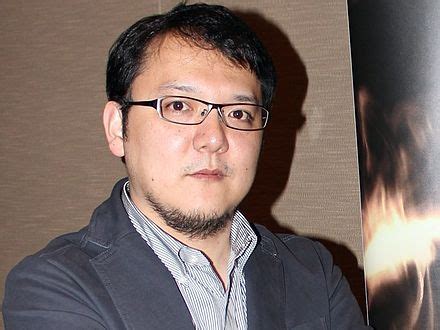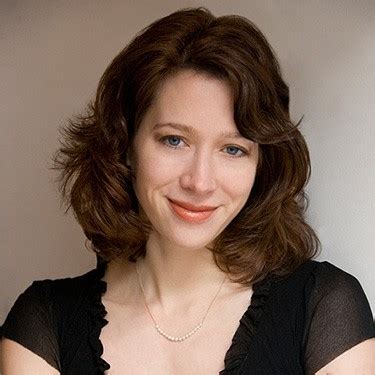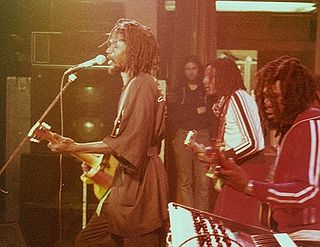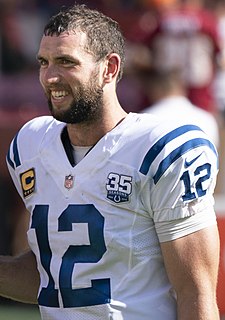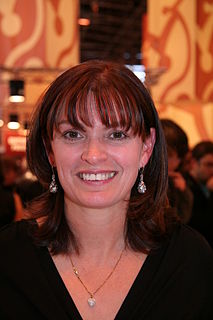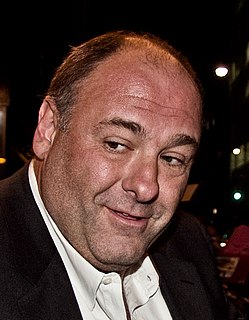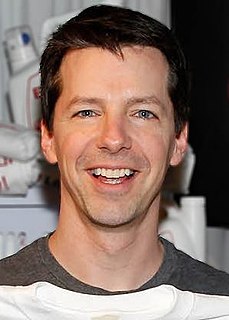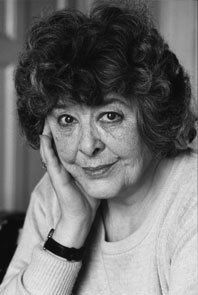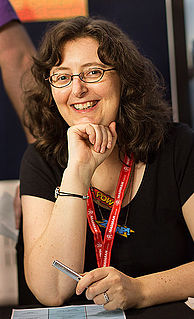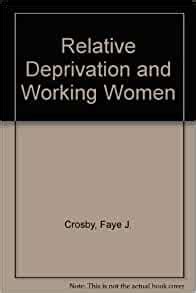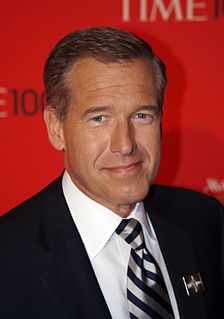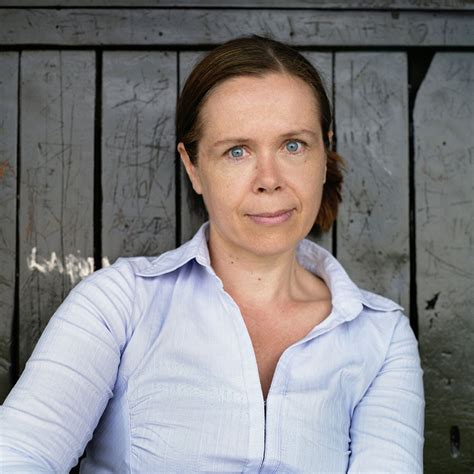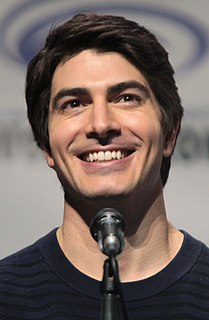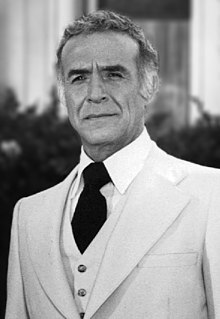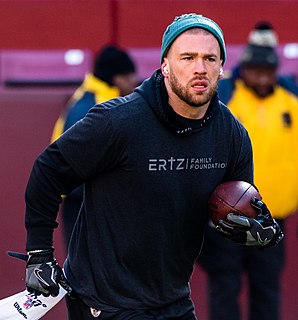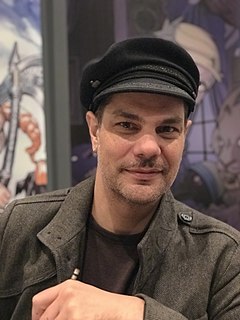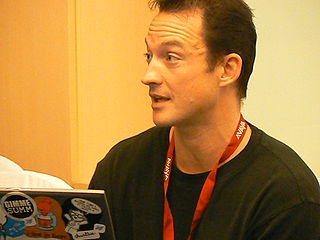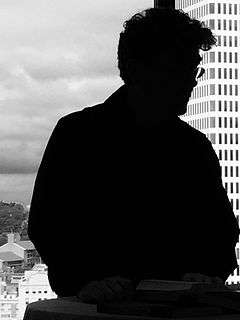Top 1200 Dark Fantasy Quotes & Sayings - Page 4
Explore popular Dark Fantasy quotes.
Last updated on November 15, 2024.
I wish more fantasy, especially the dominant fantasy that draws heavily on British and Christian lore, would wrestle with its own ethnospecific nature and what that means when the story is set somewhere where more than one belief system is in operation. If all you do is pay lip service to it, you can get the kind of thing where the writer has thrown one Hindu god into a Christianist fantasy (rendering said god by default a demon or otherwise inferior to the dominant religious system of the story, which is such an insult), and the hero is able to vanquish it by chanting a spell in church Latin.
We're living in a Dark Age of macroeconomics. Remember, what defined the Dark Ages wasn’t the fact that they were primitive — the Bronze Age was primitive, too. What made the Dark Ages dark was the fact that so much knowledge had been lost, that so much known to the Greeks and Romans had been forgotten by the barbarian kingdoms that followed.
When we work with history, to a very great degree we are all guessing. But by using motifs of time and history in a fantasy setting, we are acknowledging that this educated guesswork, invention, fantasy underlie our treatment of the past and its peoples - and we are not claiming a right to do with them as we will.
It's the fantasy of first love. If you've been married for 400 years, as I have, it's nice to experience first love again and you can vicariously through a book. And it is such a fantasy. It takes you away from doing the dishes and the laundry. I think of this as a contemporary romance rather than erotic fiction.
Living in a culture that prefers to shut out the dark, avoid shadows, and anesthetize pain means that many people are isolated. ... Family, friends, and co-workers, fearful of the dark, are reluctant to participate in our shadow experience and may urge us to be done with the dark before it is done with us.
I guess one of the most magnificent things a novel can do is to change your perspective on the world, and to give it some sense of wonder, and that's what I find so exciting in writing fantasy, especially fantasy for children. Because already, I think children have a very special and unusual way of seeing the world.
It is easy to imagine fantasy as physical and myth as real. We do it almost every moment. We do this as we dream, as we think, and as we cope with the world about us. But these worlds of fantasy that we form into the solid things around us are the source of our discontent. They inspire our search to find ourselves.
Fantasy was something I'd read as a child. And, in fact, my teachers despaired a little bit because I refused to give up Enid Blyton. Then I walked through the wardrobe with C. S. Lewis, and I don't think I actually have returned fully from the wardrobe. So, fantasy was something that was in my life from quite young.
The first rule of world-building is available physics, which basically means that if you want it to feel real, it has to follow the same rules as this world, from gravity to how human behaviour works. If you have a fantasy element that doesn't obey the laws of physics, make sure that it has a fantasy explanation.
All entertainment is an element of fantasy because you are seeing something that is not quite real. There is no such thing as reality TV. Reality TV would be to leave a camera on in front of someone's house. Just leave it on. Then whenever the person comes or goes walking the dog or getting groceries, that's what it would be like. Any time you make an edit, you've lost reality TV. You're either compressing time or extending. That's a term that's been overused and overexposed. I think it's fantasy movies that take the fantasy of movies even further.
I'm still just a kid learning about minimalism, and he's a master of it. It's just really such a blessing, to be able to work with him. I want to say that after working with Rick, it humbled me to realize why I hadn't - even though I produced "Watch the Throne"; even though I produced "Dark Fantasy" - why I hadn't won Album of the Year yet.
The traditional American husband and father had the responsibilities-and the privileges-of playing the role of primary provider. Sharing that role is not easy. To yield exclusive access to the role is to surrender some of the potential for fulfilling the hero fantasy-a fantasy that appeals to us all. The loss is far from trivial.
I personally don't think of the music as being particularly dark, though many seem to disagree as I often have to answer that question. I try and make the Lustmord sound have a real mass and a tangible presence, which some choose to interpret as dark. It's an interesting distinction. Although there are dark elements interwoven within the whole, it's only one of many textures.
Fantasy is escapism, but wait... Why is this wrong? What are you escaping from, and where are you escaping to? Is the story opening windows or slamming doors? The British author G.K. Chesterton summarized the role of fantasy very well. He said its purpose was to take the everyday, commonplace world and lift it up and turn it around and show it to us from a different perspective, so that once again we see it for the first time and realize how marvelous it is. Fantasy - the ability to envisage the world in many different ways - is one of the skills that make us human.
A lot of the strength of an RPG world lies in its foundation: its systems, lore, and when appropriate, its magic systems. While there are elements tied to 'Project: Eternity' that at first glance seem to be classic fantasy, that's intentional - we do want to recreate some elements of a High Fantasy experience.
Poetry restores language by breaking it, and I think that much contemporary writing restores fantasy, as a genre of writing in contrast to a genre of commodity or a section in a bookstore, by breaking it. Michael Moorcock revived fantasy by prying it loose from morality; writers like Jeff VanderMeer, Stepan Chapman, Lucius Shepard, Jeffrey Ford, Nathan Ballingrud are doing the same by prying fantasy away from pedestrian writing, with more vibrant and daring styles, more reflective thinking, and a more widely broadcast spectrum of themes.



